Description
Bioavailability and Pharmacokinetics
Dose range
Dosage/Direction for Use Renal Allograft Recipients: 10 to 15 mg/kg daily for 14 days (14 doses) followed by alternate day therapy for further 14 days (7 doses) bringing the total doses to 21 in 28 days.In children, doses in the range of 5 to 25 mg/kg daily have been administered and in adult renal allograft recipients doses of 10 to 30 mg/kg daily have been administered. When given to delay onset of first rejection episode, start therapy within 24 hours before or after transplant. When given to treat rejection, start therapy at time of diagnosis of the first rejection episode.
Known adverse effects and toxicities
Renal Transplantation: The primary clinical experience with Thymogam has been in renal allograft patients receiving concurrent standard immunosuppressive treatment. In these patients, investigators have most frequently reported fever, chills, leucopenia, thrombocytopenia, arthralgia and dermatologic reactions such as rash, urticaria, wheal, flare and pruritus.
Aplastic Anaemia: The incidence of adverse reaction has been found more in patients being treated for aplastic anaemia. Frequently reported adverse reactions among patients enrolled in aplastic anaemia studies were fever, chills, skin rashes, arthralgia and thrombocytopenia.
In patients with aplastic anaemia and other haematologic abnormalities who have received Thymogam, abnormal tests of liver function (SGOT, SGPT, alkaline phosphatase) and renal function (serum creatinine) have been observed. In some trials, clinical and laboratory findings of serum sickness have been in majority of patients.
Other Reactions: Other reactions reported are: headache, nausea, vomiting, diarrhoea, dyspnoea, hypotension, night sweats, stomatitis, chest pain, back pain, pain at the infusion site, clotted A/V fistula and peripheral thrombophlebitis. Reactions reported rarely are: periorbital oedema, agitation, dizziness, weakness or faintness, malaise, epigastric pain or hiccoughs, laryngospasm, paraesthesia, lymphadenopathy, infection, possible encephalitis, herpes simplex reactivation, wound dehiscence, hyperglycaemia, hypertension, oedema, pulmonary oedema, pleural effusions, tachycardia, seizure, anaphylaxis, iliac vein obstruction, renal artery thrombosis, proteinuria and toxic epidermal necrosis.
Special precautions
Only physicians experienced in immunosuppressive therapy should use Thymogam. Use Thymogam only in facilities equipped and staffed with adequate laboratory and supportive medical resources. Discontinue therapy if anaphylaxis or severe and unremitting thrombocytopenia or leucopenia occurs.
As observed with products derived from or purified with human blood components, the possibility of transmission of some infectious diseases should be borne in mind. Monitor patients carefully for concurrent infection.
Several studies have suggested and increase in the incidence of cytomegalovirus infection in patients receiving Thymogam. To identify those at greatest risk of systemic anaphylaxis, physician should strongly recommend skin testing before commencing treatment.
A conservative, conventional approach would first employ epicutaneous (prick) testing with undiluted Thymogam. If the subject does not show a wheal ten minutes after pricking, proceed to intradermal testing with 0.02 mL of a 1:1000 dilution of Thymogam in Sodium chloride injection with a separate Sodium chloride injection control of similar volume.
Observe the results every 10 minutes over the first hour after intradermal injection. A wheal of 3 mm or greater in diameter at the site of Thymogam injection than that at the Sodium chloride injection control site (or a positive prick test) shows clinical sensitivity and an increased possibility of systemic allergic reactions.Note: The predictive value of this test has not been proved clinically. Allergic reactions such as anaphylaxis have occurred in patients whose skin test is negative.
In the presence of a locally positive skin test to Thymogam, serious consideration to alternative forms of therapy should be given.A systemic reaction such as a generalized rash, tachycardia, dyspnea, hypotension, or anaphylaxis precludes any additional administration of Thymogam.Use in pregnancy & lactation: Thymogam has not been evaluated in either pregnant or lactating women. Animal reproduction studies have not been conducted with Thymogam. It is also not known whether Thymogam can cause foetal harm when administered to a pregnant woman or can affect reproduction capacity.
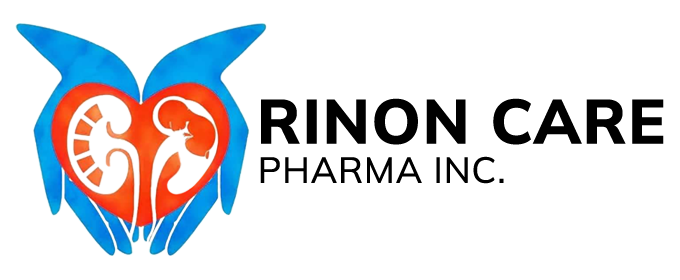
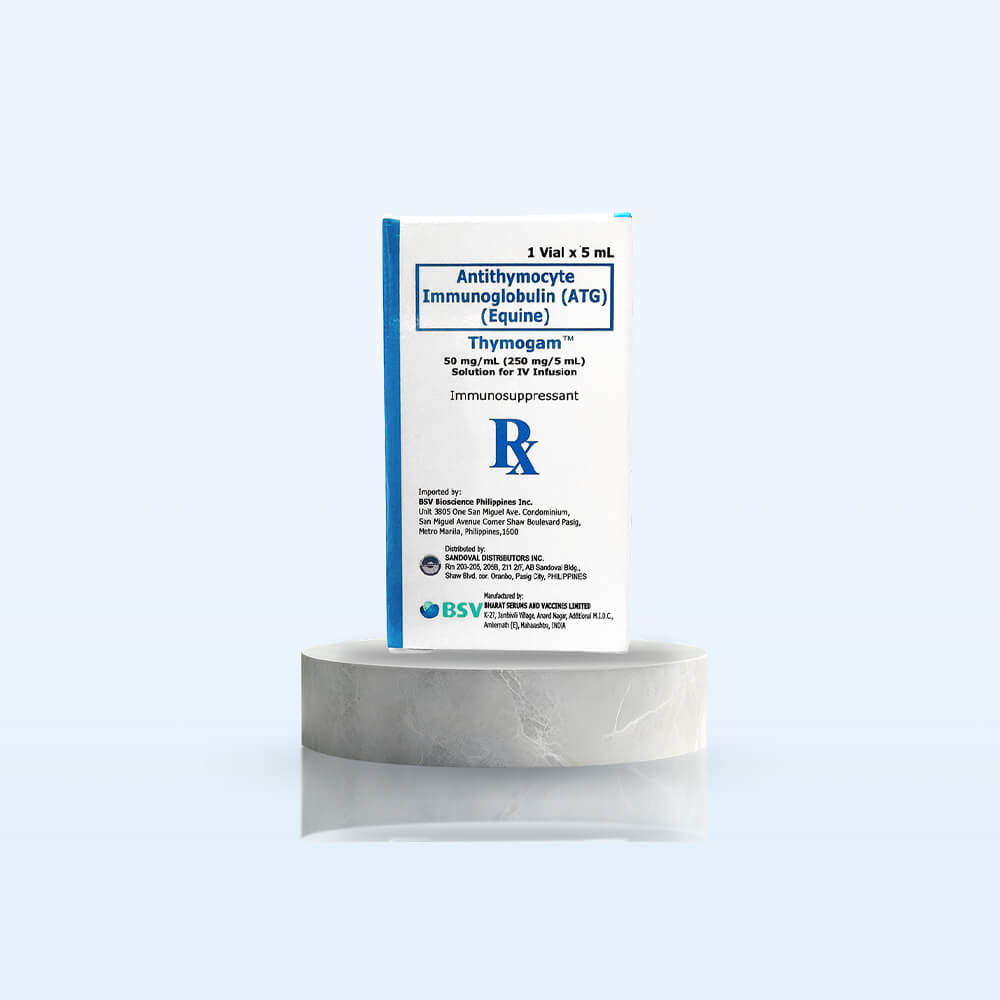
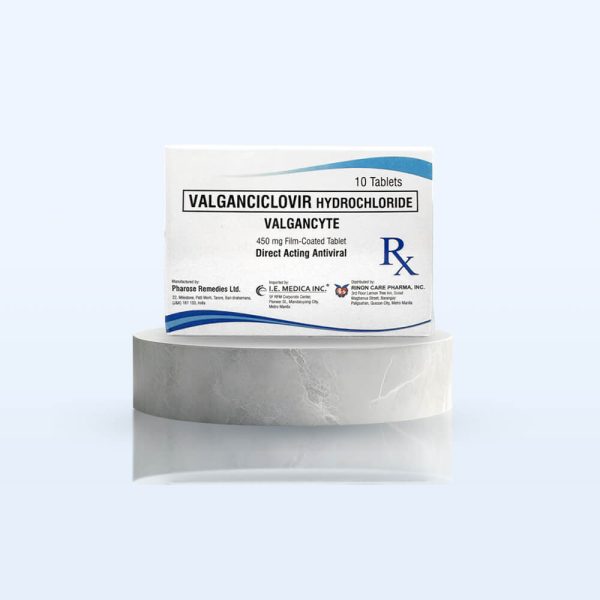
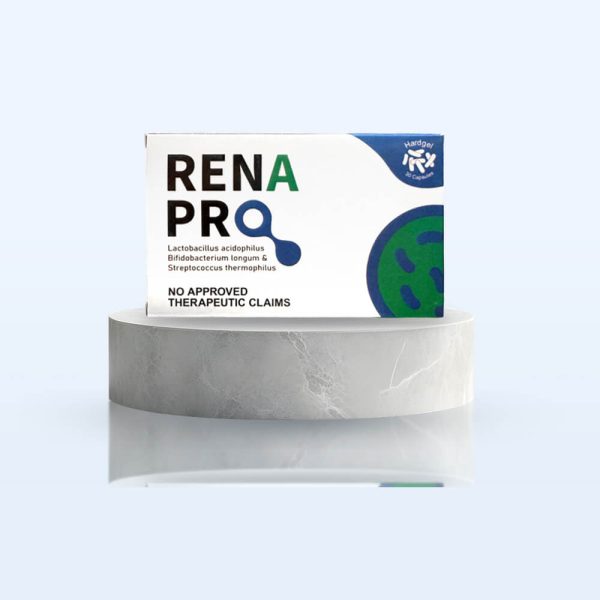

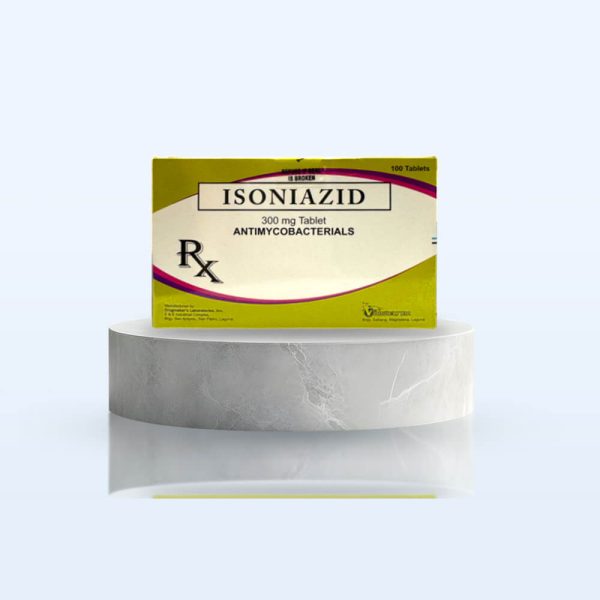
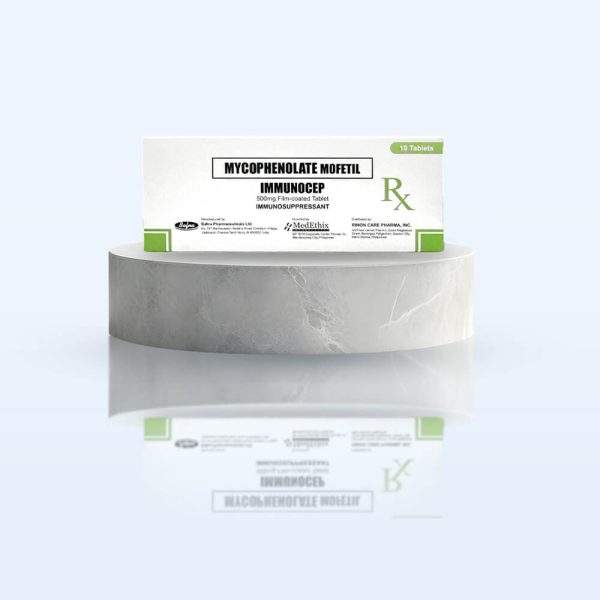
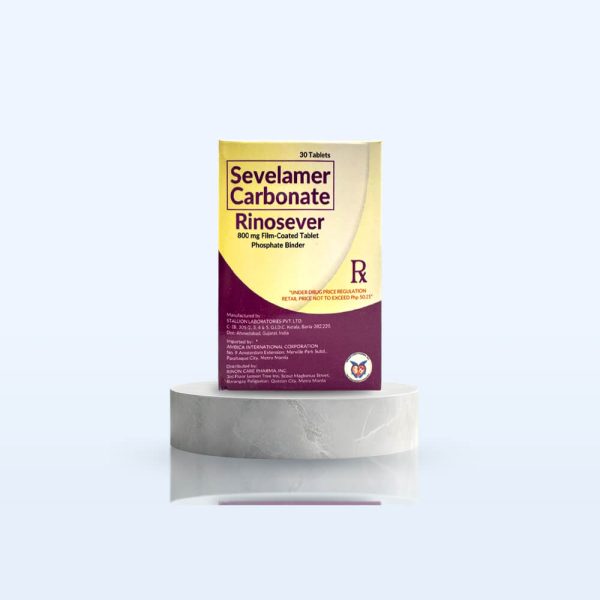
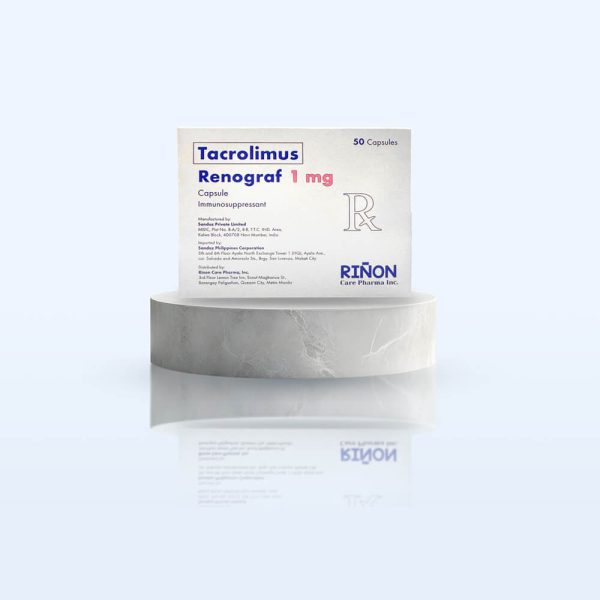
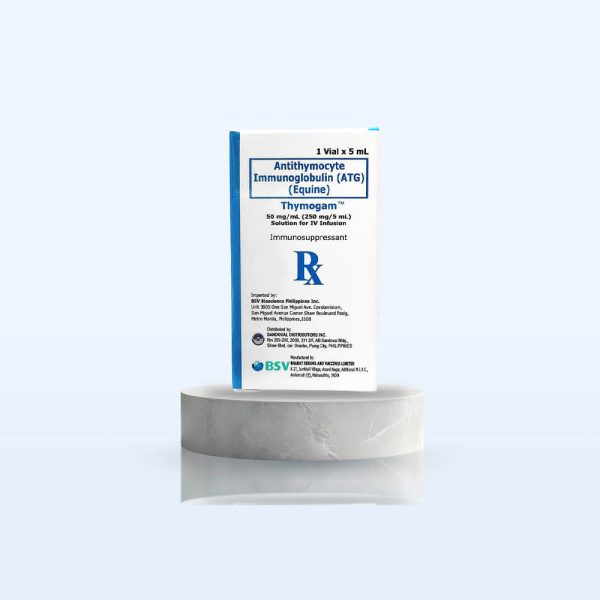
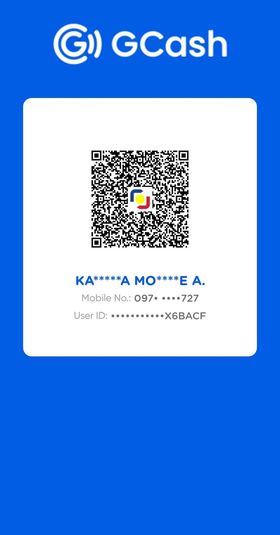

Reviews
Clear filtersThere are no reviews yet.